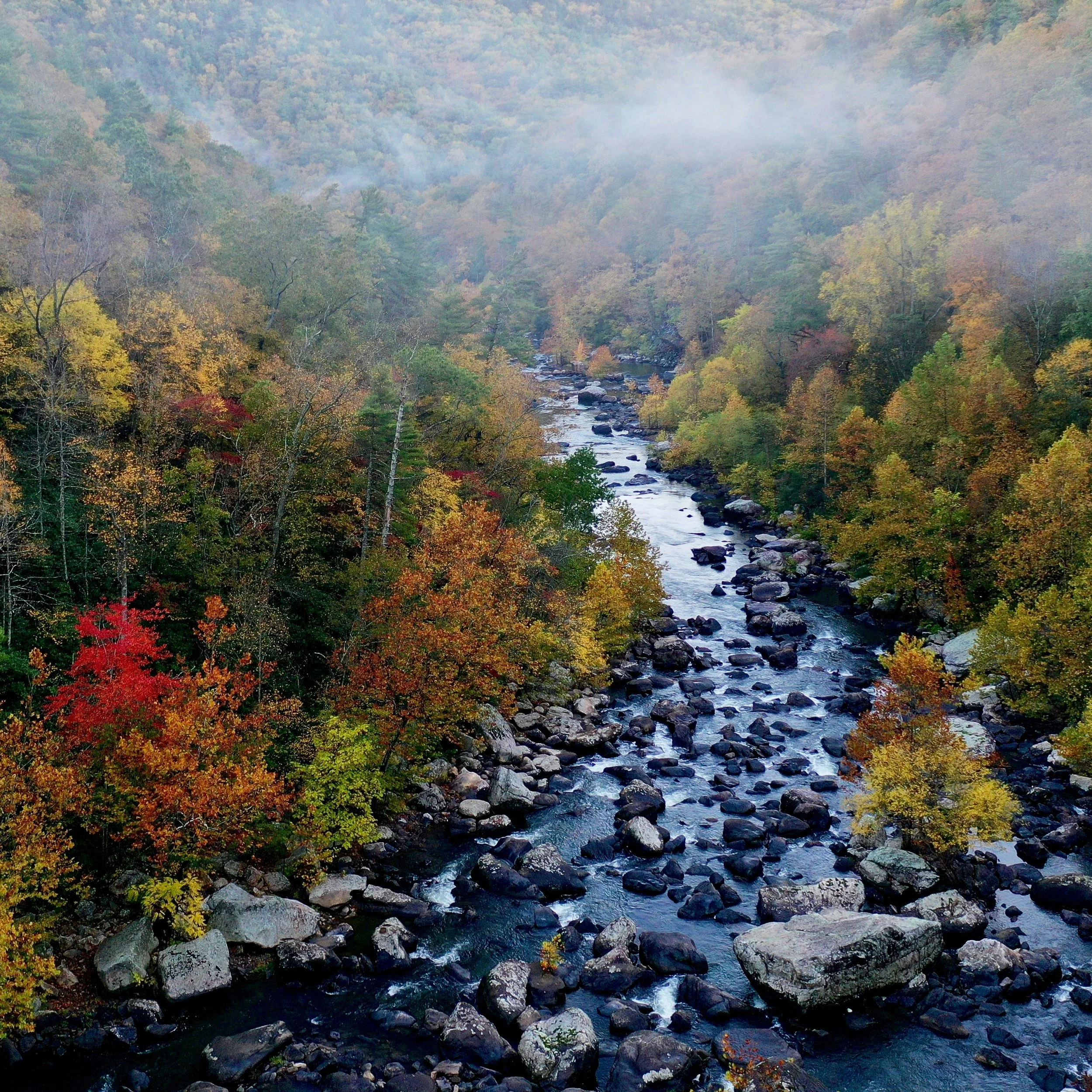Upcoming 2024 VPDES Construction General Permit Changes
/Construction activities are an integral part of development, enhancement, and economic growth. However, they can have a significant impact on the environment, particularly water quality. To mitigate these effects, the National Pollutant Discharge Elimination System (NPDES) and the Virginia Pollutant Discharge Elimination System (VPDES) require routine inspections during construction to ensure compliance. In this article, we'll look at the upcoming changes to the VPDES Construction General Permit and the importance of compliance inspections.
Understanding NPDES/VPDES Regulations
The NPDES and VPDES programs are federal and state programs aimed at regulating and controlling the discharge of pollutants into the Waters of the United States (WOTUS). While NPDES is applicable nationwide, VPDES specifically addresses Virginia's environmental concerns.
These programs require construction site operators to obtain permits, develop stormwater pollution prevention plans (SWPPPs), and adhere to best management practices (BMPs) to prevent the contamination of national and state waters during construction activities. Compliance inspections play a crucial role in ensuring that these requirements are met.
New 2024 VPDES Construction General Permit
The current General VPDES Permit for Discharges of Stormwater from Construction Activities expires on June 30, 2024. Virginia’s Construction General Permit has a five-year lifespan and must undergo a regulatory review before a new one is issued. On February 23rd the State Water Control Board approved the reissuance of the Virginia Pollutant Discharge Elimination System (VPDES) General Permit for Stormwater Discharges from Construction Activities (9VAC25-880, Construction General Permit). The approval of the Construction General Permit for a new five-year term, from July 1, 2024, through June 30, 2029, allows construction projects to apply for and get coverage for land-disturbing activities under a general permit instead of needing an individual VPDES permit after the current Construction General Permit expires on June 30.
Important Changes Impacting Land-Disturbing Activities
In an effort to provide guidance, our stormwater inspection team reviewed the 2024 VPDES CGP and compiled a brief overview of the changes that will most impact our clients. The most notable changes impacting land-disturbing activities include:
Turbidity Monitoring
Turbidity monitoring will be required for dewatering discharges to sediment-impaired waters or exceptional waters.
Per the new permit language, permit holders have two benchmark options, both of which require daily sampling until the dewatering discharge stops.
If the turbidity benchmark is exceeded, corrective actions must be implemented.
Turbidity monitoring information (i.e., location, date, sample collection time, and turbidity measurement) and records of all associated corrective actions must be recorded in the SWPPP.
Corrective actions
As always, corrective action should be completed as soon as practicable after identification.
However, the 2024 permit adjusted the deadline for corrective actions from seven calendar days to five business days.
“Qualified Personnel”
The definition of “Qualified Personnel” has been updated.
On or after July 1, 2025, “Qualified Personnel” must hold unexpired certificates of competence for Project Inspector for Erosion and Sediment Control and Project Inspector for Stormwater Management, both issued by DEQ, a Construction General Permit Qualified Personnel Certificate, or an equivalent certification from the EPA (currently titled Construction Inspection Training Course).
Routine Maintenance
If a permit holder must make the same repairs more than twice at the same location and to the same control, this can be considered a “routine maintenance fix.”
To achieve this, they must provide documentation in the inspection report that supports that reasoning.
The corrective action must still be completed as soon as practicable.
The Significance of NPDES/VPDES Compliance Inspections
Compliance inspections are crucial in ensuring that NPDES/VPDES requirements are met. Here are five benefits to consider:
Environmental Protection
The primary objective of NPDES/VPDES compliance inspections during construction is to protect the WOTUS from pollution. Construction sites are commonplace for sediment runoff, chemical spills, and other pollutants that can adversely affect aquatic systems.
Preventing Water Quality Degradation
Sediment-laden runoff is a common issue during construction. If left unchecked, it can degrade water quality, harm aquatic life, and disrupt ecosystems. Compliance inspections help identify and address these issues promptly.
Documentation of BMP Implementation
Compliance inspections involve documenting the implementation of BMPs outlined in the SWPPP. This documentation serves as evidence that site operators are taking necessary steps to prevent pollution.
Educational Opportunities
Inspections provide an opportunity to educate construction site operators about the importance of adhering to regulations. Through guidance and communication, they can better understand the environmental impact of their activities and how to mitigate it effectively.
Legal Requirements
Failing to comply with NPDES/VPDES regulations can result in penalties, fines, or even the suspension of construction permits. Regular inspections ensure that construction sites remain in compliance, reducing the risk of legal repercussions.
NPDES/VPDES Compliance Inspection Process
The NPDES/VPDES compliance inspection process typically involves the following steps:
Pre-Construction Meeting
Before construction begins, site operators and regulatory authorities may hold a pre-construction meeting to review the SWPPP, BMPs, and construction sequence.
Regular Site Visits
Based on their state’s permit, inspectors make periodic visits to construction sites to assess the implementation of BMPs, inspect stormwater management facilities, and check for non-compliance.
Documentation and Reporting
Inspectors document their findings, noting any issues or areas of concern. These reports are shared with site operators, and corrective actions may be required.
Education and Training
Inspectors may provide guidance and training to site operators on BMPs and compliance requirements.
NPDES/VPDES compliance inspections during construction are essential for safeguarding our water resources. Compliance inspections not only protect water but also help construction site operators understand their responsibilities in preserving water quality. By adhering to these regulations and actively participating in compliance inspections, we can more effectively complete a project on schedule and protect the environment.
KERAMIDA’s inspectors possess all necessary certifications required by the proposed 2024 VPDES Construction General Permit and are ready to assist clients with NPDES and VPDES compliance. Please contact us or call (800) 508-8034 to speak with one of our compliance experts today.
Authors
Craig Morris
Senior Project Manager
KERAMIDA Inc.
Contact Craig at cmorris@keramida.com
Ashlyn Heatherly
Stormwater Inspector
KERAMIDA Inc.
Contact Ashlyn at aheatherly@keramida.com









